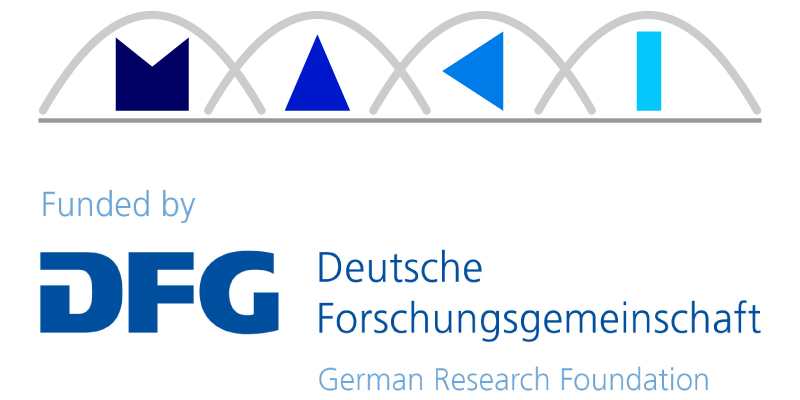Incentive Mechanisms and Game-theoretic Models
Subproject B03 addresses the economic aspects of adaptation mechanisms in communication systems and investigates those mechanisms analytically with game-theoretic models, through simulations, as well as experimentally based on the example of cross-layer applications. Thereby, mechanisms in the overlay network and in the underlying layers are considered in a joint manner, while the focus will be on wireless networks (cellular and ad-hoc networks, where some nodes have Internet access). The assumption is that the nodes in a network decide individually and autonomously, whether they will perform a transition between different mechanisms with similar functionality. Thereby, each mechanism has certain benefits and respective costs for the nodes.
Based on its autonomous behaviour, each node evaluates a planned transition according to its utility in comparison to the current state, i.e. the mechanism applied currently. If the expected utility after a transition would be smaller than the utility in the current state, a node will not perform the transition. Thereby, the utility does not only depend on the decision of a single node, but also on the decision of other nodes due to their interconnection. Based on the autonomous behaviour, it may happen that a transition does not proceed well, i.e. the benefit in quality in the entire network (e.g., a higher data throughput) which would be achieved through the transition, cannot be met, since individual nodes do not participate in the transition. Thus, the loss of benefit in quality represents the price of autonomy of the nodes.
To solve this problem, subproject B03 aims to develop incentive mechanisms which shall change a node’s utility such it will, as far as possible, take decisions that will be beneficial for the overall social welfare. This can happen, e.g. through a reward of a desired behaviour by providing a higher data rate to the node. This way, the subproject aims to close two research gaps: On one hand, existing incentive approaches in communication systems focus on single mechanisms, but not on transitions between different mechanisms. On the other hand, this subproject plans to investigate how the interference between different communication layers, especially in mobile networks, impacts the design of incentive mechanisms.
These investigations are facilitated by the joint expertise that exists in the two participating labs: Overlay networks (Peer-to-Peer(P2P) Systems) and underlay networks (wireless communication). Incentive mechanisms are currently investigated in all three areas. The intersection of those two areas provides for the first time the opportunity, to model and analyse incentive mechanisms across multiple layers. The Collaborative Research Centre (CRC) provides a valuable infrastructure for this research, since scenarios and developments of other subprojects, which address the concrete execution of a transition, can be accessed. These efforts could not be provided alone in the targeted funding period.
Thus, the subproject provides an important contribution to the CRC, since incentive mechanisms play a big role for the efficiency of the protocols, considering the autonomy of end devices as they exist, e.g. in ad-hoc networks or in the Internet. Therefore, in practice only this subproject enables the efficient application of transitions.
Subproject leader B03
- Dr. rer. nat. Natalia Akchurina
- Prof. Dr. David Hausheer
- Prof. Dr.-Ing. Anja Klein



